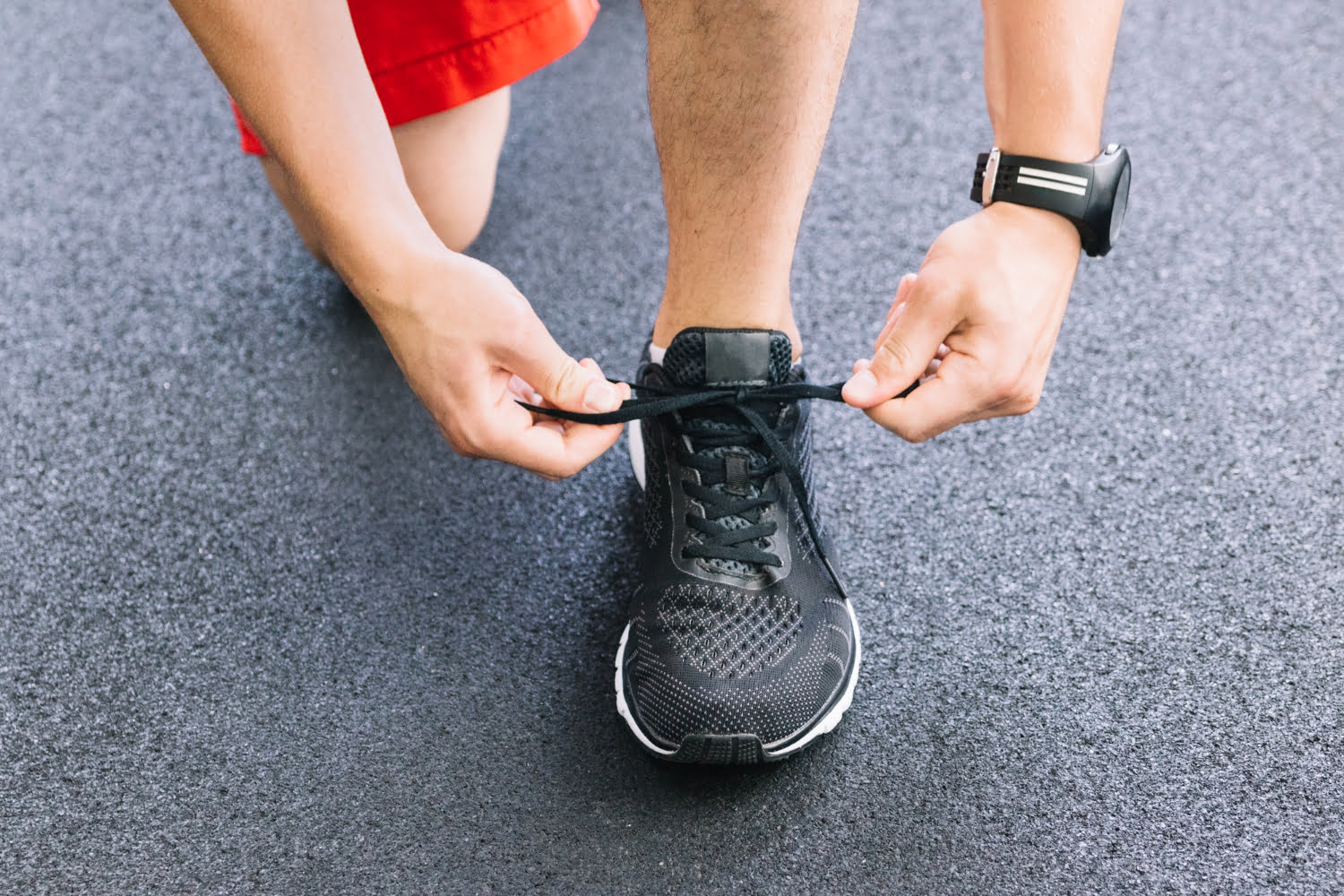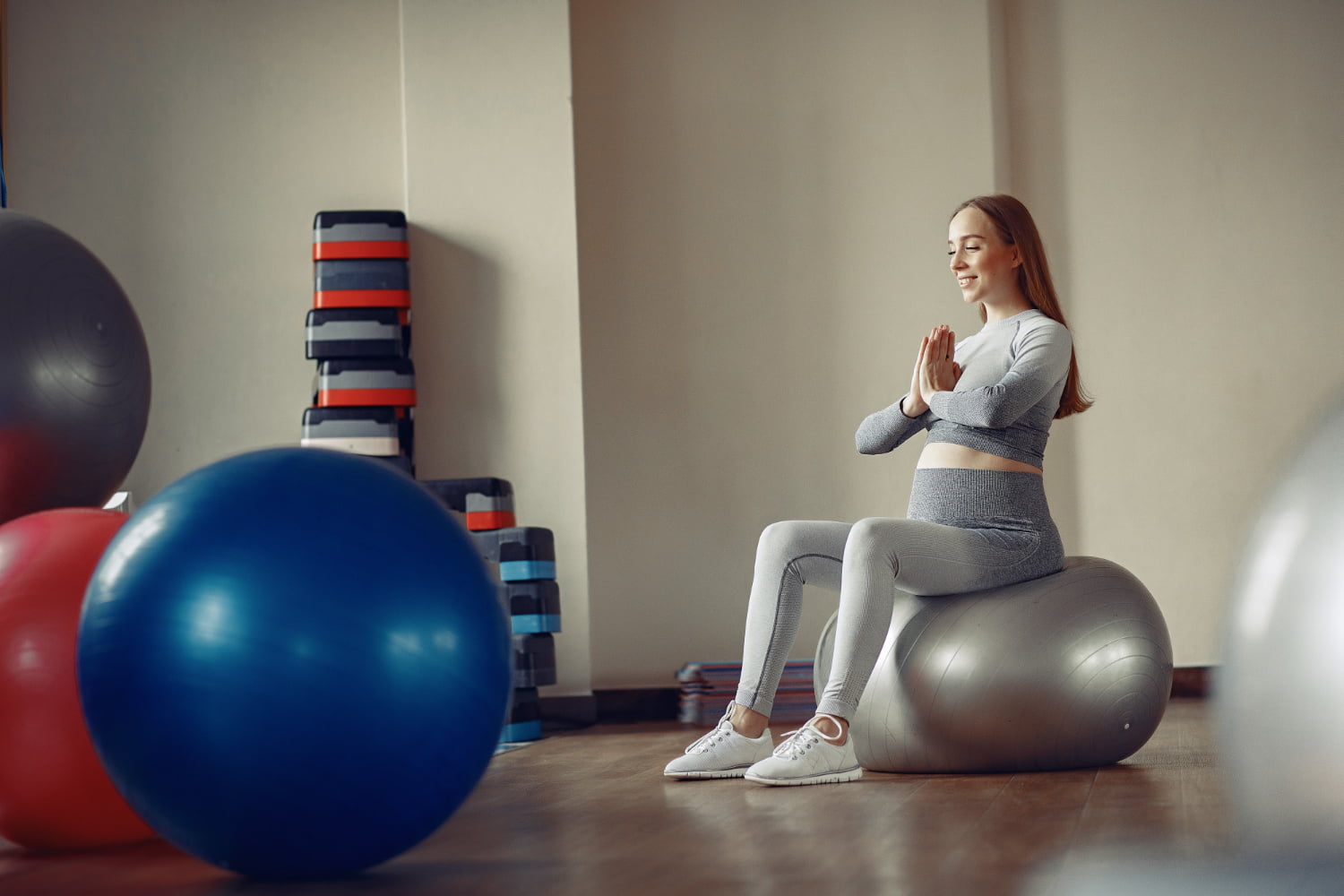How long do shoes last? Understanding the lifespan of your shoes is crucial for both your comfort and budget. We often invest time and money in finding the perfect pair, but how long can we expect them to last? In this comprehensive guide, we delve into the intricacies of shoe longevity, exploring factors that influence durability and providing tips to extend the lifespan of your favorite kicks.
Introduction
Footwear longevity is not a one-size-fits-all scenario. Different types of shoes have varying lifespans, influenced by factors ranging from materials and construction to usage patterns. Let’s embark on a journey to uncover the secrets behind the longevity of your favorite kicks.
How Long Do Different Types of Shoes Last?
- Running Shoes
Running shoes, designed for high-impact activities, often have a shorter lifespan. The mileage and intensity of usage play significant roles. Avid runners may need to replace their shoes every 300-500 miles to maintain proper support and cushioning. - Dress Shoes
How long do shoes last: Dress shoes, with their elegant construction, can last longer if properly cared for. The type of leather, sole construction, and frequency of use all contribute to their longevity. Quality dress shoes, when rotated and maintained, can withstand several years of wear.
- Athletic Shoes
Athletic shoes cater to specific sports, each impacting their lifespan differently. Basketball shoes may wear out quicker due to the constant jumping and abrupt movements, while tennis shoes might last longer with their focus on lateral movements. Understanding the demands of your sport is crucial in estimating their lifespan.
- Casual Everyday Shoes
Shoes worn daily for casual activities face regular wear and tear. Factors such as walking surfaces, the weight of the wearer, and how well they are cared for all influence their lifespan. Investing in high-quality everyday shoes can provide both comfort and durability.
Signs Your Shoes Need Replacement
Identifying when your shoes need replacement is essential for foot health. Signs like visible wear and tear, loss of cushioning, compromised sole integrity, and unpleasant odors signal it’s time to part ways. Regularly inspecting your shoes and knowing when to say goodbye can prevent discomfort and potential foot issues.
Tips to Prolong the Life of Your Shoes
- Proper Cleaning Techniques
Cleaning your shoes correctly enhances their appearance and lifespan. Different materials require different cleaning methods. For example, leather shoes benefit from conditioning, while sneakers may need a gentle wash. Regular maintenance prevents dirt buildup and extends their aesthetic and functional life.
- Rotation of Shoes
How long do shoes last: Frequently wearing the same pair of shoes can lead to quicker deterioration. Rotating your shoes allows them to breathe and recover between wears. It also helps distribute the impact on different parts of the shoe, preventing excessive wear in specific areas.
- Storage Practices
Where and how you store your shoes significantly impacts their lifespan. Direct sunlight can fade colors, and improper storage can lead to deformities. Using shoe trees maintains their shape, and storing them in a cool, dry place prevents mold and mildew.
- Choosing Quality Shoes
Investing in high-quality shoes from reputable brands pays off in the long run. Quality construction and durable materials ensure your shoes can withstand the rigors of daily use. While the initial cost may be higher, the extended lifespan justifies the investment.
Environmental Factors and Shoe Longevity
- Impact of Climate
The climate you live in affects your shoes. Excessive heat can cause adhesives to weaken, while humidity may lead to mold growth. Understanding your environment helps you adapt your shoe care routine to prolong their lifespan.
- Storage Conditions
Proper storage is vital. Avoiding damp areas, using breathable storage containers, and keeping shoes in their original boxes all contribute to maintaining their integrity. A well-ventilated storage space prevents unwanted odors and fungal growth.
- Frequency of Use
How often you wear your shoes is a significant factor. While some shoes are designed for daily use, others, like specialized athletic shoes, benefit from less frequent wear. Rotating between different pairs allows each to last longer.
Common Myths About Shoe Longevity
- Quality Guarantees Indestructibility
While high-quality shoes offer better durability, they are not indestructible. Proper care and maintenance are essential for any shoe, regardless of its initial quality.
- Expensive Shoes Always Last Longer
How long do shoes last: Price is not always indicative of longevity. Some affordable shoes offer impressive durability, while expensive designer shoes may prioritize style over longevity. Researching specific brands and models ensures a wise investment.
- Repairing Shoes is Not Worth It
Contrary to popular belief, repairing shoes can be cost-effective. Small repairs, such as fixing a loose sole or replacing a worn-out insole, can breathe new life into your favorite pair, saving you money in the long run.
Sustainable Practices in Shoe Ownership
- Eco-Friendly Shoe Brands
Supporting eco-friendly shoe brands contributes to a sustainable future. Brands using recycled materials or employing ethical manufacturing practices prioritize longevity and environmental responsibility.
- Shoe Recycling Initiatives
Instead of discarding old shoes, consider recycling. Many organizations and brands have initiatives that collect and recycle worn-out shoes, reducing environmental impact.
- DIY Shoe Repair Techniques
How long do shoes last: Learning basic shoe repair techniques empowers you to extend the life of your footwear. From re-gluing soles to patching minor tears, these DIY repairs are both practical and eco-friendly.
Case Studies: Longevity of Famous Shoe Brands
- Nike
Nike, a giant in the athletic footwear industry, consistently innovates to enhance the durability of its shoes. From specialized cushioning technologies to durable outsoles, Nike’s commitment to performance extends the lifespan of its products.
- Adidas
Adidas, known for its blend of style and function, focuses on durable materials and versatile designs. Understanding the diverse needs of athletes and everyday users, Adidas strives to create shoes that withstand the test of time.
- Clarks
Clarks, renowned for comfort and timeless style, emphasizes quality construction and premium materials. Their dedication to craftsmanship ensures that Clarks shoes not only look good but also last for years, making them a reliable choice for consumers.
Balancing Style and Durability – How Long Do Shoes Last?
- Trends vs. Timelessness
Staying on-trend without compromising durability requires a balance. Look for classic styles with subtle trendy elements, ensuring your shoes remain relevant season after season.
- Finding Stylish, Durable Shoes
Recommendations for brands that seamlessly blend style and durability. From classic designs to innovative trends, discover footwear that stands the test of time without sacrificing fashion-forward appeal.
The Psychological Connection to Shoe Longevity
- Emotional Attachment to Footwear
Shoes often hold sentimental value. Whether it’s a gift, a travel memento, or a milestone purchase, our emotional connection to shoes can influence how long we keep and care for them.
- Impact on Consumer Choices
How long do shoes last: Knowledge of a shoe’s lifespan can shape consumer decisions. Understanding the balance between quality, style, and longevity empowers individuals to make informed choices when purchasing footwear.
Expert Opinions on Shoe Longevity
- Podiatrists
Podiatrists emphasize the importance of proper footwear for foot health. Choosing shoes with adequate support and replacing them when signs of wear appear is essential for preventing foot-related issues.
- Shoe Designers
Insights from shoe designers shed light on the meticulous process of creating durable footwear. From material selection to construction techniques, designers play a crucial role in ensuring a shoe’s longevity.
Future Trends in Shoe Longevity
- Technological Advancements
Advancements in materials and manufacturing processes are shaping the future of shoe longevity. From self-repairing materials to adaptive technologies, the next generation of footwear aims to push the boundaries of durability.
- Sustainable Innovations
The future of footwear lies in sustainability. Innovations in eco-friendly materials and circular manufacturing practices aim to create shoes that not only last but also minimize environmental impact.
Real-life Experiences: Readers’ Stories
- Success Stories
Readers share inspiring stories of how they extended the life of their favorite shoes. From creative repairs to strategic shoe care routines, these success stories offer practical insights for readers.
- Learning from Mistakes
Mistakes happen, even with the best intentions. Readers candidly share their experiences of neglecting shoe care or making poor purchasing decisions, offering valuable lessons for others.
Conclusion
Understanding how long shoes last is a critical aspect of smart footwear ownership. By considering factors like material, usage, and maintenance, you can ensure your shoes stay comfortable and stylish for an extended period.
Frequently Asked Questions
Q: Can I make my shoes last longer with DIY repairs?
A: Yes, simple DIY repairs can significantly extend your shoe’s lifespan. From fixing loose soles to reinforcing seams, basic repairs can save you money and keep your favorite shoes in rotation.
Q: How often should I rotate my shoes?
A: It’s recommended to rotate your shoes every 2-3 days, allowing each pair to air out and recover between wears. This practice distributes the impact on different areas of the shoes, preventing premature wear.
Q: Do different materials affect shoe lifespan?
A: Absolutely. Different materials have varying levels of durability. Leather tends to be long-lasting if cared for, while synthetic materials may show signs of wear sooner. Understanding material properties guides proper maintenance.
Q: What role does climate play in shoe longevity?
A: Climate can impact shoe longevity. Extreme heat may weaken adhesives, while high humidity can lead to mold growth. Adjusting your care routine based on your climate helps preserve your shoes.
Q: Are expensive shoes worth the investment?
A: While price is a factor, it doesn’t guarantee longevity. Research specific brands and models, considering factors like materials and construction, to make an informed decision on the durability of your investment.
Delve into More info: When Did Pontiac Go Out of Business


